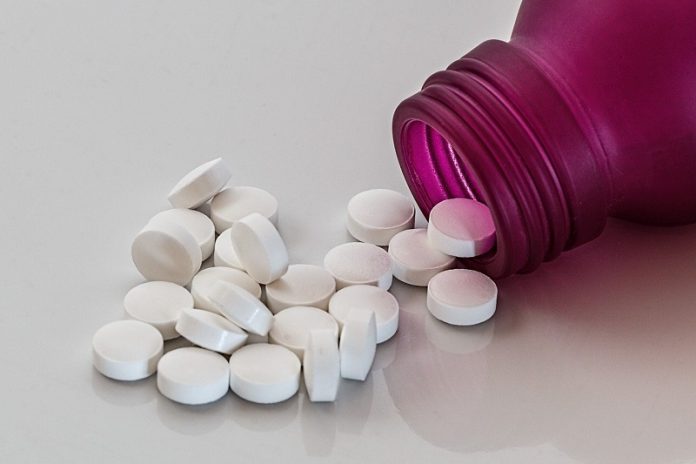
Scientists from McGill University found that prescribing opioid analgesics at discharge after surgery does not reduce pain and increases the risk of health problems.
These findings fill a critical gap in knowledge about how pain should be managed at home after surgery.
The research is published in The Lancet and was conducted by Julio Fiore Jr. et al.
Widespread opioid prescribing at discharge after surgery has contributed to an unprecedented crisis of addiction and overdose in North America.
In the study, the team estimated the impact of post-discharge opioid use on self-reported pain intensity and adverse events, in comparison with opioid-free analgesic treatment.
They found that prescribing opioids to manage postoperative pain after discharge is not only unnecessary but harmful in many surgical settings.
In this study, the researchers combined the results of 47 clinical trials comparing opioid versus opioid-free analgesia in patients discharged after undergoing a surgical procedure.
They found that prescribing opioids had no benefit on patient-reported pain relief compared to simple over-the-counter analgesics, but it strongly increased the risk of adverse events, such as nausea, vomiting, constipation, dizziness, and drowsiness.
The team says prescribing opioid-free analgesia may prevent these adverse effects, improve patients’ recovery experience, and also help mitigate the opioid crisis by reducing the risk of postoperative opioid misuse, addiction, and diversion.
Opioid drugs act on many areas of the nervous system to provide pain relief, but also have other effects such as euphoria and sedation.
Among the opioids most commonly prescribed by surgeons are oxycodone, hydromorphone, tramadol, and codeine, which have addictive potential.
Approximately six percent of surgical patients who are opioid-naïve become persistent opioid users after receiving a prescription at surgical discharge.
In addition, of all opioid tablets obtained by surgical patients, up to 70 percent go unused and become a readily available source for diversion.
Given this alarming situation, it is urgent to mitigate postoperative opioid overprescribing while ensuring adequate pain management for patients.
If you care about pain, please read studies that cannabis hemp oil may effectively treat chronic neuropathic pain, and findings of a new way to treat chronic pain.
For more information about pain, please see recent studies about how to manage your back pain, and results showing that exercise harder if you want to ward off pain due to ageing.
Copyright © 2022 Knowridge Science Report. All rights reserved.



